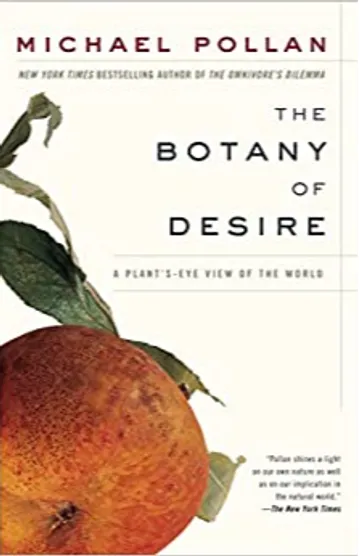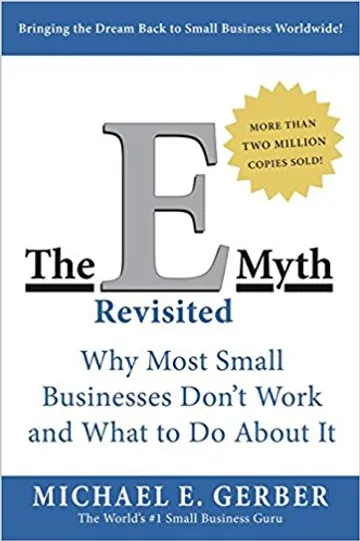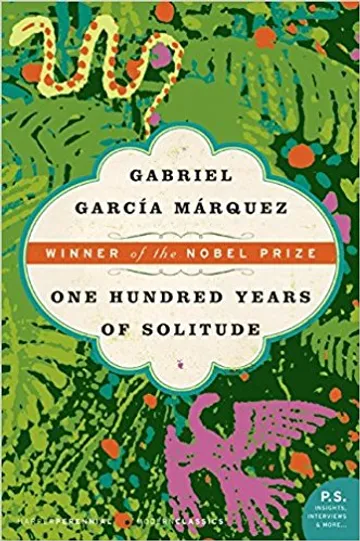Don't see an advisor you admire? Let's add him to the database! - Request

The Botany of Desire: A Plant's-Eye View of the World

Michael Pollan
May 28, 2002
Categories:Non-Fiction
Add missing Endorsement Rendors (4)
3
TIME 100: Most Influential People
1
Pulitzer Prize Winner for Fiction
1
Tim Ferris Show Guest

Samin Nosrat
October 1, 2018
Chef, and food writer
Tim Ferris Show Guest
TIME 100: Most Influential People



Subscribe to Blog and Updates:
Popular advisors

Elon Musk
Rendors given:
28

Peter Thiel
Rendors given:
14

Tim Ferriss
Rendors given:
188

Barack Obama
Rendors given:
218

Howard Schultz
Rendors given:
9





